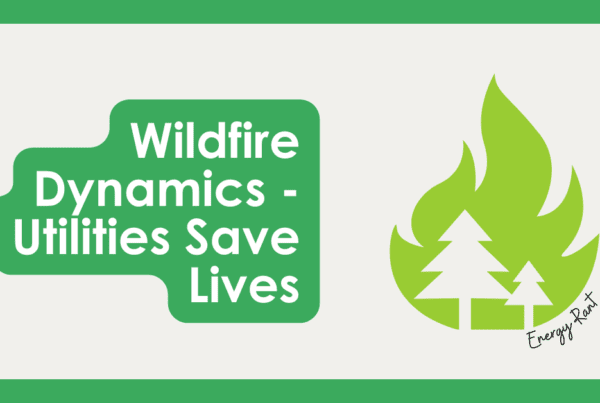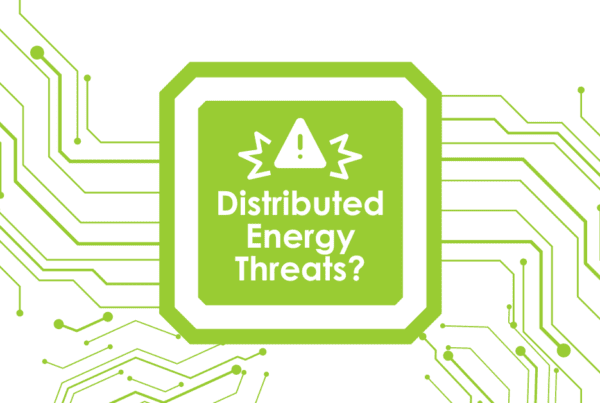This week – a little diversion into engineering. Go ahead. Shake those goose bumps out.
There are three universal laws of thermodynamics but I’m not going to explain them all now or you might fall asleep and hit your head on the table. I will only cover one of them.
A law is essentially a theory of something that has never been disproven. One of these laws indicates the direction of all processes. Heat travels from hot to cold. Water runs downhill. However, heat can travel from cold to hot and water can go up hill if you add energy. Think of your air conditioner and water tower. One way to define this law is, your refrigerator won’t work unless you plug it in – add energy.
A second way to explain it is all processes are irreversible, which means, you may be able to extract energy from water flowing down hill, as in a hydroelectric dam, but it will take more energy to pump it back into the reservoir because of losses and inefficiencies. More so, once the kinetic energy in your moving car is absorbed in your brake pads as heat, that energy won’t do anything for you. It’s a complete loss.
Irreversibility means you can’t get more USEFUL energy out of a system than you put in. Electricity is the most useful source of energy because it is most flexible. You can make heat with it, turn a motor, or run your refrigerator. I would say fuels are next as they too can be converted relatively efficiently to other forms of energy, including electricity. Heat is the least useful.
The second law described above applies to everything and not just energy. Consider our business of energy efficiency consulting. If it weren’t for the second law, we wouldn’t have a job because energy efficiency would happen by itself. Designers and contractors would know how to build absolutely the most efficient systems. Knowledge is like energy.
Cash is like electrical energy. The $20,000 check you write for a new car can also be used as a down payment on a house. However, once you drive the car off the lot, it goes down in value by 10-30%, instantly. Why? Because you need to find a buyer and that takes energy – either from you or from a car dealer. Labor and services are energy.
What’s the point? The point is, artificially and rapidly increasing the cost of energy with carbon tax or cap and trade is an irreversible process too. Some argue that increasing the cost of energy would be good for the economy. This is like saying you can get water to run uphill without a pump. It assumes people react rationally to the price increase by being more efficient with their processes. If people behaved rationally, we wouldn’t need energy efficiency programs. See above.
Consider a manufacturer’s perspective. If we raise the cost of doing business by excessively increasing energy prices, the manufacturer can do any number of things, probably some combination of all of these: pay employees less than they otherwise would, raise prices of their product (pass the cost through to the consumer), reduce energy consumption, or move offshore / across the border. For every option I can think of, somebody has less money in their pocket. Somebody may end up with more money in their pocket but I’m telling you, the net is less total wealth because it is an irreversible inefficient allocation of capital.
Yes, but what if the tax is plowed back into energy efficiency? There is overhead (losses and irreversibility) associated with that. You have to pay somebody to run the programs, market, manage, and somebody needs to monitor the results to ensure people aren’t getting ripped off.
But Jeff, aren’t you making the case against energy efficiency programs? Answer: no. Why, you hypocrite? Because cheap energy and all resources for that matter are finite and scarce. Cash, the most valuable asset is generated through the use of resources. At some point, resources become scarce to the point prices rise rapidly and irreversibly so. I would therefore argue that energy efficiency programs are like the regenerative aspect of a hybrid car. It lessens the irreversibility of resource depletion but does not eliminate it. Spending money to save energy costs less than buying energy, uninhibited. The tank will still run empty. It will just take longer to get there.
The bottom line is, whatever the carbon abatement policy is, the goals cannot outrun the spread of energy efficiency knowledge throughout the economy. Creating a “free market” with an arbitrary cap on carbon (oxymoron alert) is a bit like driving from point A to point B by stomping on the gas pedal with a blindfold on. Let’s take the blindfold off and keep the tempest in Pandora’s Box.
See December 8 rant on energy efficiency policy.
Prospective hires – this includes a free answer to one of the quiz questions we ask during interviews. Mention this rant and receive a bonus correct answer!





